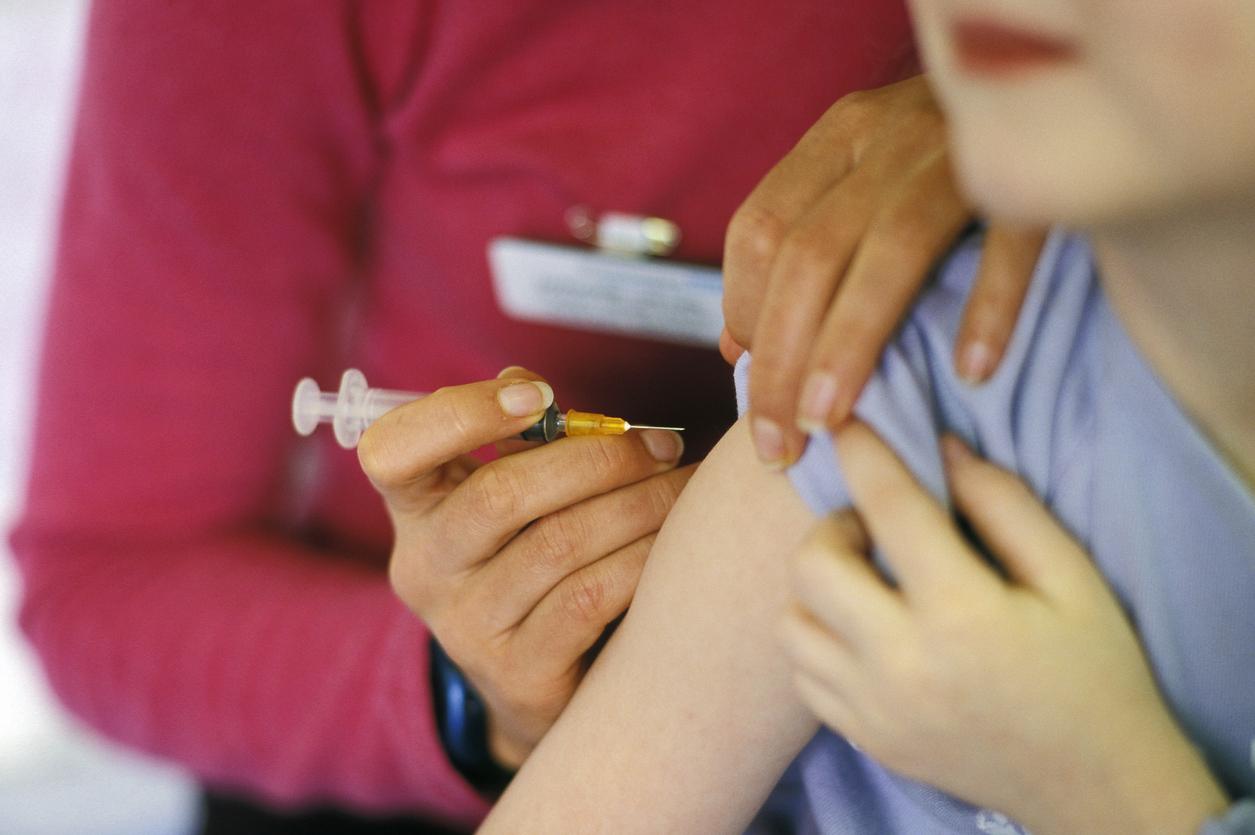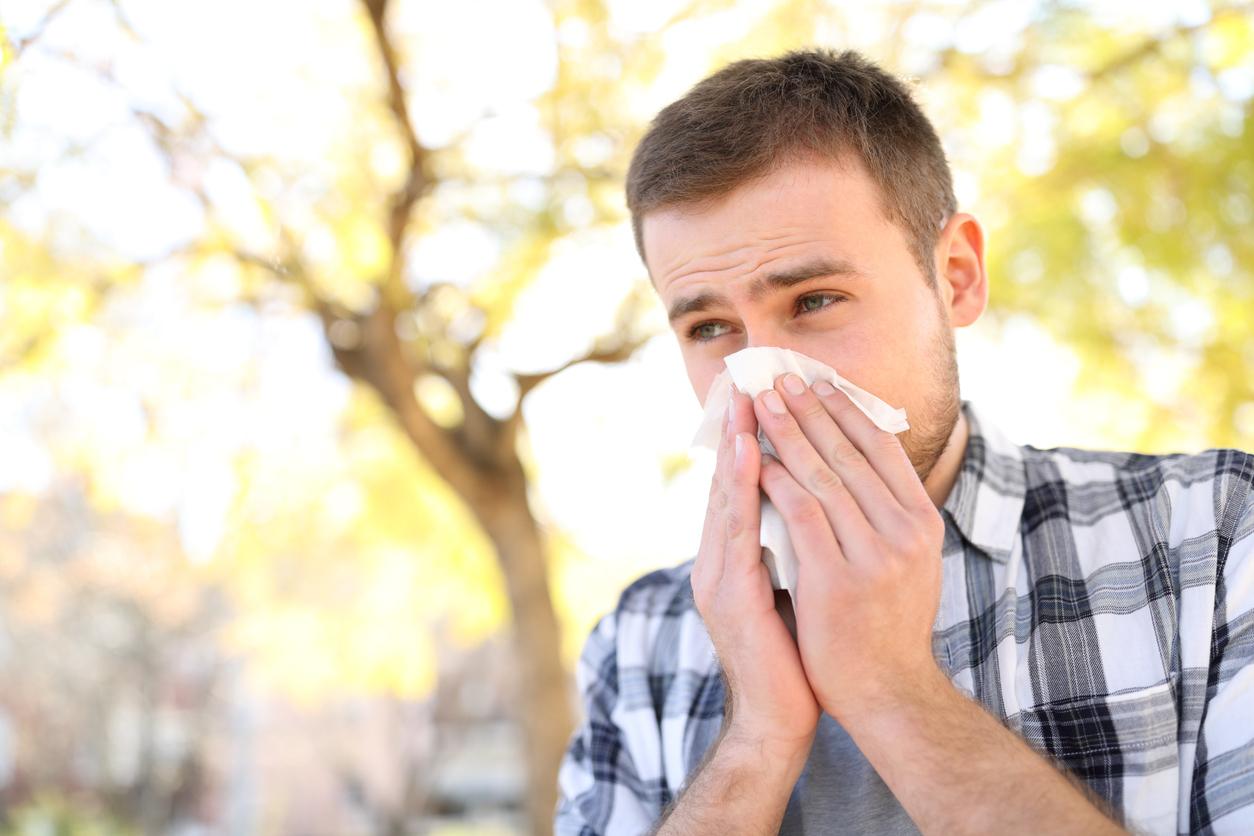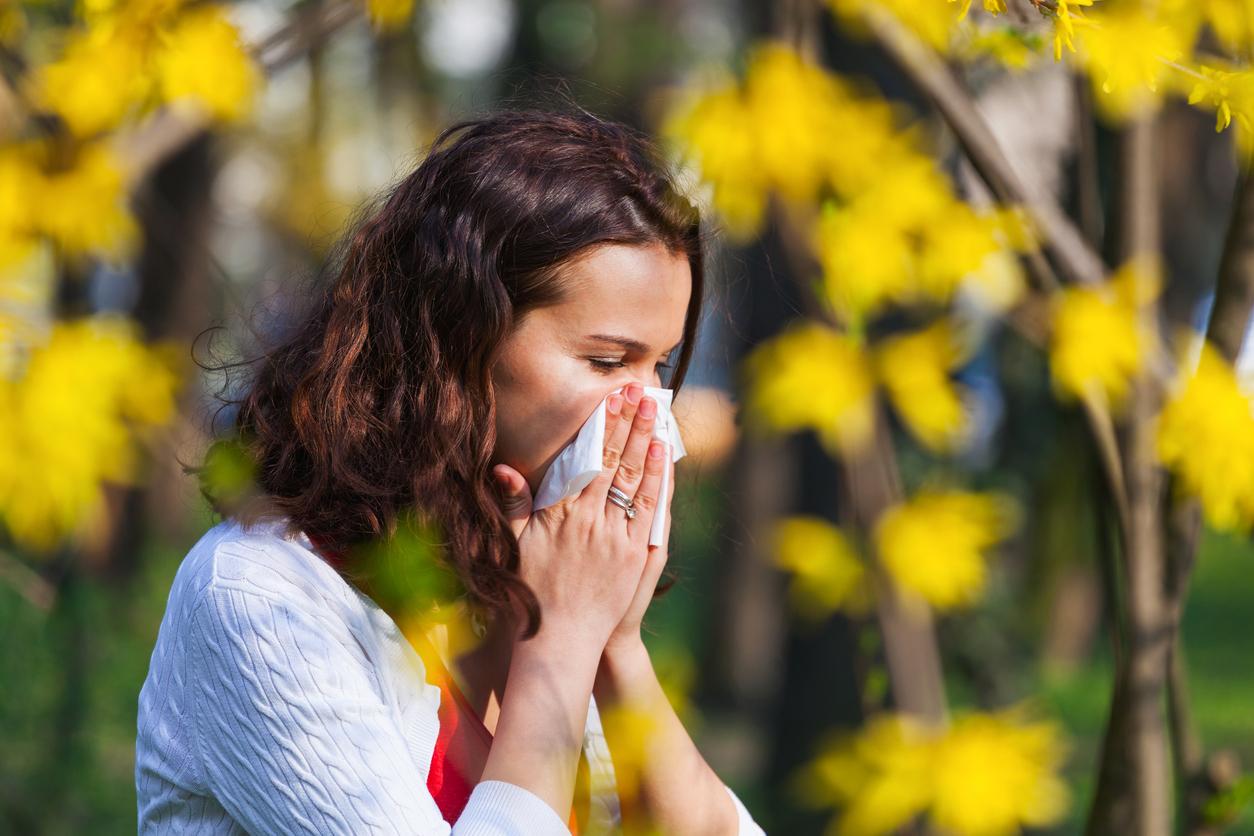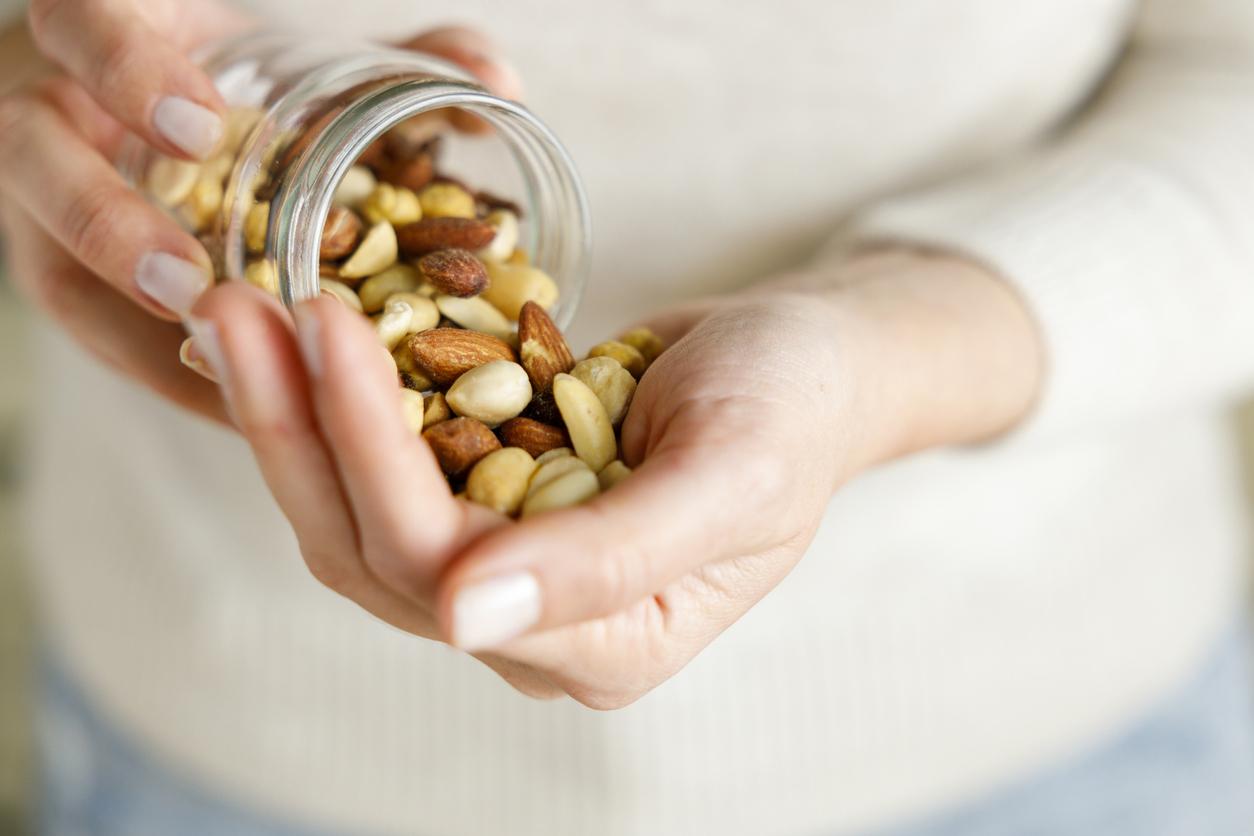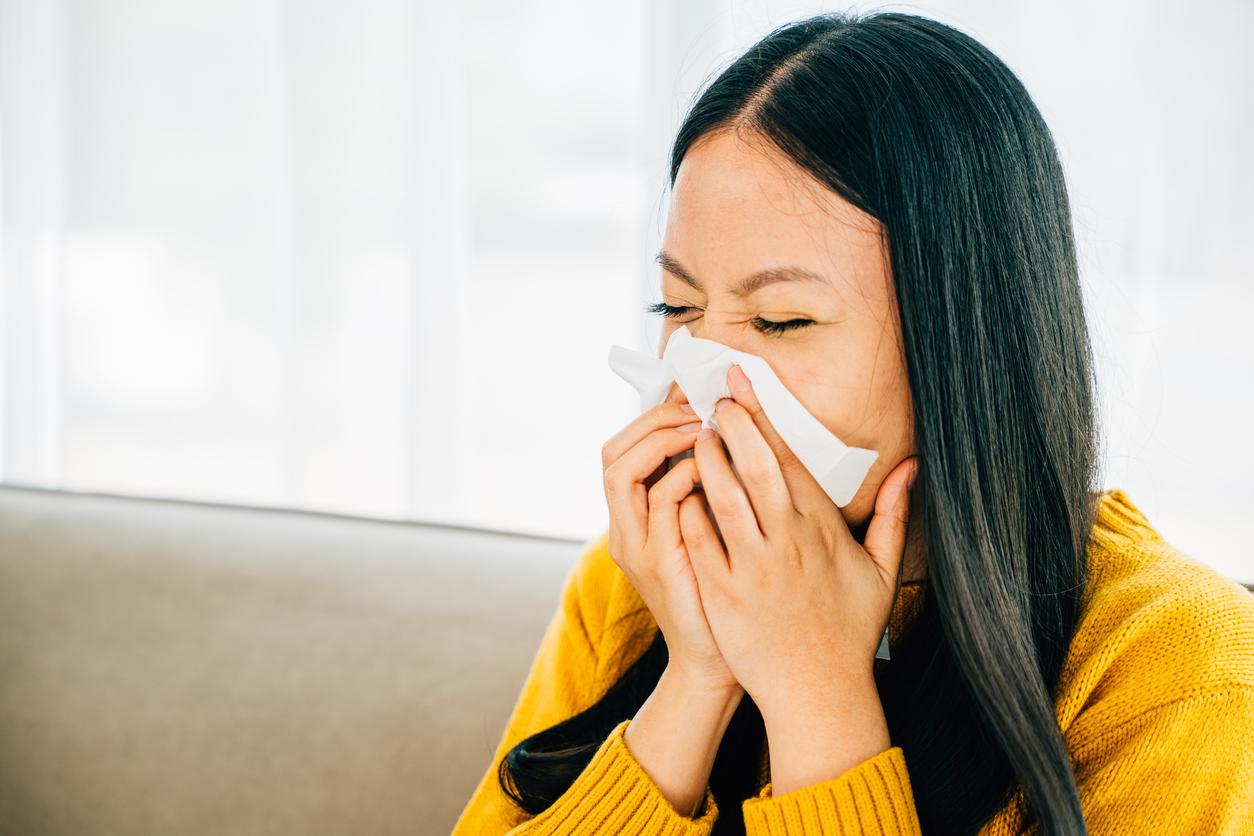For the Stop Ambrosia associations and the Biodiversity network for bees, the fight against ambrosia, a weed that triggers allergies, is a failure. They call on the public authorities to take new measures.
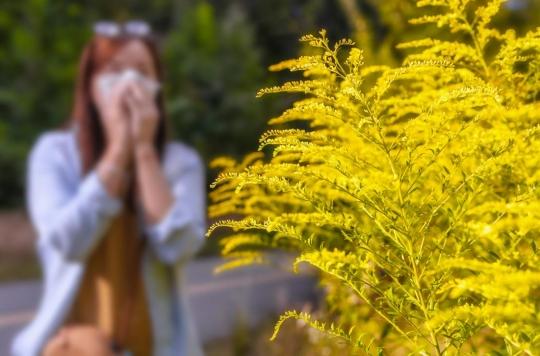
- The cost of medical care (medication and consultations for example) for ragweed allergy is between 59 and 186 million euros per year.
- For two associations, the measures to be taken to fight against the proliferation of ambrosia are not sufficiently followed
“The proliferation of ambrosia and its impact on health are clear. ANSES has recently recalled this again”. For the Stop Ambrosia associations and the Biodiversity network for bees, the fight against ambrosia, a weed that triggers allergies, is a failure.
“Inappropriate measures”
“In a letter addressed to Stop Ambrosia and the Biodiversity Network for bees, the General Directorate of Health recognizes the failure of the fight against ragweed. The reason is simple: the 2016 implementing decree misguided parliamentary will by leaving the fight against ambrosia to the discretion of mayors and removing any possibility of sanctions”, estimate the two associations in a press release. “Since that date, the analysis results of the ragweed situation in France have continued to deteriorate, which means that these measures are unsuitable and must be improved”, continue the activists.
Stop Ambrosia has been repeating for years that controlling ambrosia is only possible if the public authorities make the fight more coercive, with real sanctions in the event that it is not effective. Yet, in the words of the Director General of Health: “the possibility of giving formal notice and then sanctioning owners who do not implement the measures prescribed in the prefectural decree is not currently permitted in the absence of a legislative provision providing for it”. More than 5,000 French municipalities have been the subject of a report of ragweed: 1 agricultural plot out of 3 is affected by ragweed.
Between 1,115,000 and 3,504,000 people allergic to ragweed
According to the figures relayed by the two associations, the prevalence of ragweed allergy on a national scale is estimated between 1.7% and 5.4%, ie between 1,115,000 and 3,504,000 people with allergies. Increasing figures: in 2014, for example, 13.3% of the Rhône-Alpes population was listed as being allergic to ragweed, against only 8.5% in 1999. The cost of medical care (medication and consultations for example) of ragweed allergy is between 59 and 186 million per year.
Stop Ambrosia and the Biodiversity Network for Bees reiterate their three demands to the State:
· Make the fight against ambrosia truly compulsory and review the competences of the various communities.
· Have aerobiological pollution recognized at the same level as chemical pollution (because organic pollutants alter the quality of the air, in the same way as chemical pollutants).
Register ragweed as an organism harmful to agriculture, in order to make its control compulsory throughout France and that compensation for farmers is possible, when they have implemented the necessary control means on their land.


.



